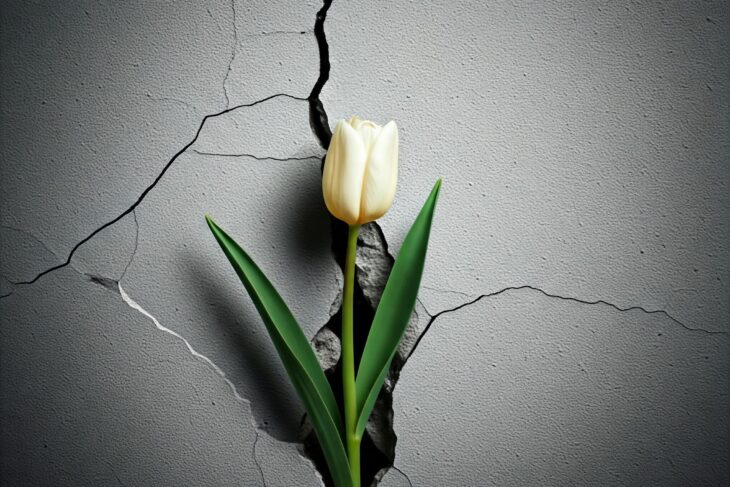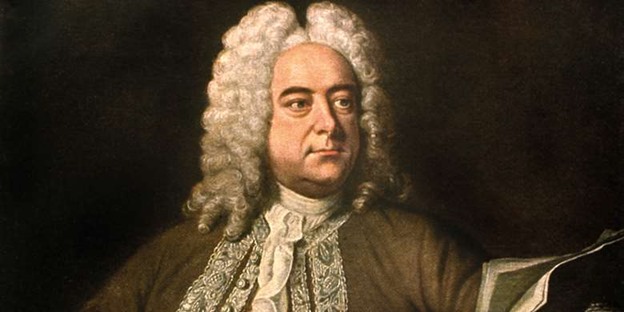
Many people do not like history.. They find it boring, irrelevant, and therefore form negative opinions of it. Some are so anti-history that they refuse to even address the topic when it is staring them in the face. When faced with history they say it does not apply or that much time has elapsed, and the old problems are problems no more. Such thinking has hampered us as a nation as we continue to repeat the same mistakes of the past. It has led to many a commission and committee which tell us the same things and has only resulted in them being tossed aside as they invariably mention historical structural problems and deficiencies.
How do we get across to these people that history, it’s events and actions matter in the modern-day? How do we show them that the issues faced today are historical and that their solutions can only be found through looking at and analysing the past?
One way is to show them that these historical events which seem so distant are actually in living memory or that their metaphorical bodies are still warm to the touch. The best way to do this is by first putting numbers to terms. What is a generation for example? A generation can be defined as twenty to thirty years of a person’s life, not a short time when we realize that the average life span even in the 1800s was 60 years (about a decade more today). With that out of the way, let us look at some examples of how what some call ‘ancient history ‘still haunts us today.
1838 brought us the abolition of slavery, a joyous time for the newly freed Black people. Born in 1800, a person would have spent a whole generation, raising a child who experienced slavery (assuming the child was born when the parents were 30) before knowing freedom. A generation later (1865) Morant Bay rebellion takes place, you the parent are not even 60, your child not even 30 and your grandchild just a babe. Already we are seeing where history is not an abstract thing impacting generations to come in ways not yet thought of.
As we continue, 30 years have elapsed. The sugar industry is well and truly dead, but, King Banana has taken its place thanks to the Americans. We once again find ourselves tied to mono-crops and it can’t be viewed as a surprise, as the plantation owners in the late 1800s – early 1900s were the children and grandchildren of the successful and largest mono-crop – sugar producers from 1800-60, small wonder nothing changed in regards to large farming. The same issues which affected the peasant farmer in 1860 (no land, farmland ailing due to soil exhaustion due to mono-crops, a heavy reliance on foreign markets and the end result being low to non-existent pay) remained issues in the late 1800s – early 1900s.
One more generation sees us entering the age of the Frome strikes and the mass protests which paved the way to independence. 100 years since the end of slavery, the child of the last person born into slavery (1830) is now 70. They, while the shooting and arresting of the protesters take place, tell their grandchildren tales their parents (ex-slaves) told them of night-patrols hunting the runaways, of the Morant Bay rebellion (which they lived through) and its repercussions. Would they have said much has changed?
Another generation has passed, we have entered the independence era and are in the year 1968. . The child born in that time (1938) has witnessed Coral Gardens and the destruction and cleansing of Back ‘O Wall. This is also the year of the Rodney Riots. The Coral Gardens Massacre was the slaughter of Rasta Elders and general abuse carried out against them by the police as they ‘squatted’ on land and were to be removed. The destruction of Back O’ Wall and its cleansing was the birth of our violently divided politics and possibly the beginning of the national apathy with politics which would remain high until the ‘76 election (it has been on a rapid decline since then) as it created the concept of the garrison community. The Rodney riots were a series of protests against the government of Jamaica for banning Dr Walter Rodney, a lecturer who was preaching black power, black nationalism and revolution.
Another generation has passed, 1998 is the year and the violence between Tivoli and Rema has finally subsided. Jamaica as a whole is still reeling from FINSAC. The person born in ‘68 has seen a lot. The near-total destruction of Jamaican civil society, the decimation of the middle class, the near extinction of our economic sector and an explosion in violence first political, but now wholly drug-related.
We are almost at another generational mark. I myself am 30 this year. What have I witnessed? How much has it changed from the seven generations which have preceded me? Could much have changed if the generation which birthed my parents were not only around, but in many cases heavily influential and relied upon by the new crop of politicians (see the fawning over Seaga and Patterson for example)? Should we really have been surprised at Tivoli and its violence, or even the general abuse by the JDF? The people after all who led this endeavour are only 2 generations removed from Green Bay; the then Chief of Staff only died well after the incursion.
How can we be surprised that political violence and links with gangs remains solidly engrained? The people who ramped it up in the 70s are still in office after all. How can we be shocked at the rampant corruption which permeates the nation? The group which gave us independence and revelled in early corruption are now old and giving advice to a new generation. Why is there genuine shock at the state of the JCF when the people who were notorious in the 70s-80s are now security company operators who are in close contact with the new set of JCF personnel?
An example from my life I think is very fitting as it ties in how close we are to the past and that history is never as far away as we think. My neighbour when I was a child used to be a lovely old white lady. She was a student of history and of Irish extract. I used to borrow books from her and talk to her about the past, in doing so I came to find out that her father was a young member of the British Navy who helped disperse the Morant Bay Rebellion. She died in the 2010s in her 90s (possibly older).
The past is never behind us, we live with and are impacted by history every day. Our current problems are tied into problems from the past and the only way to solve them is to understand the past and the lessons the people in those generations drew from their struggles. Ignoring it or acting like the happenings of yesterday have no bearings on today will leave us in our current setting – adrift, lost and without a hope of bettering ourselves as a nation and people. We either learn from it or repeat it. Those are the facts. Those are the options.



